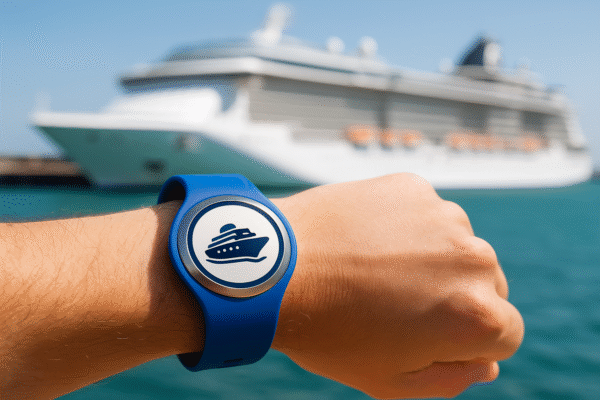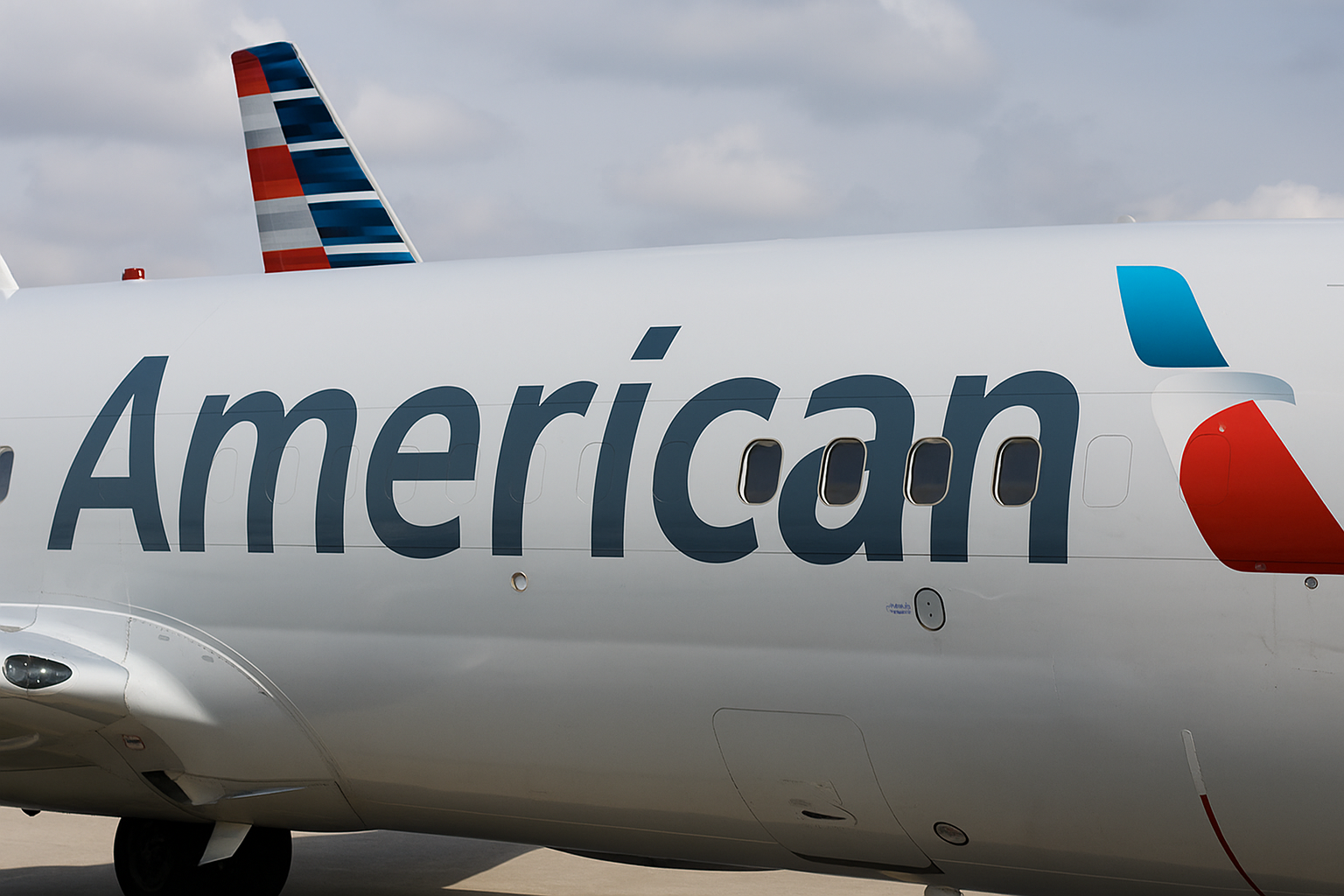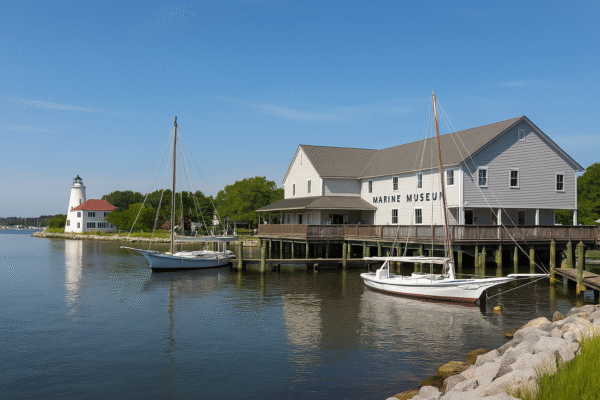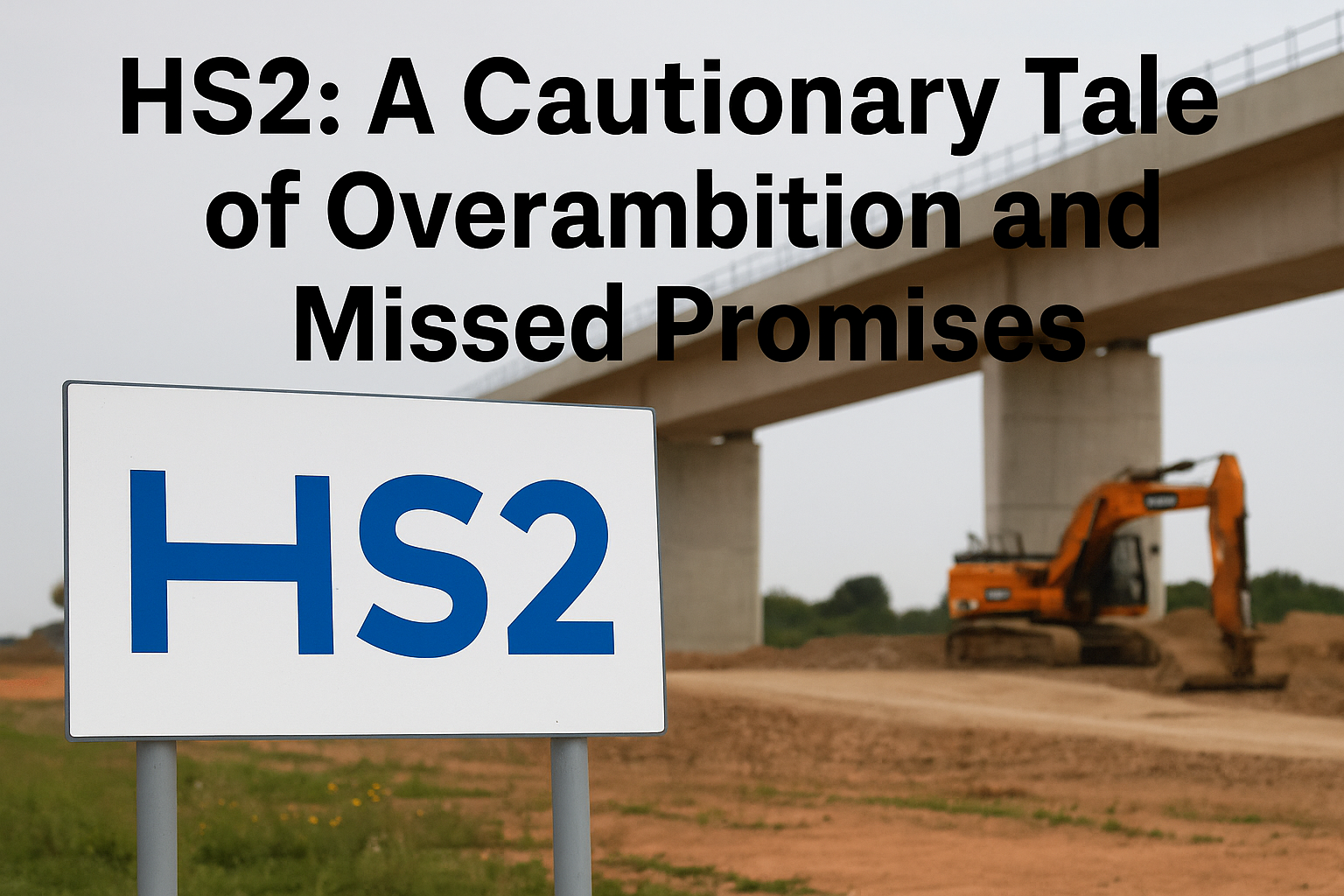HS2 (High-Speed 2), the United Kingdom’s most ambitious railway infrastructure project in decades, was once seen as a transformative step forward in national transportation. Designed to link London to Birmingham and eventually extend to Manchester and Leeds, the high-speed rail network was envisioned as a catalyst for economic regeneration, job creation, and sustainable mobility. However, as the project enters its second decade of development, it has become more associated with cost overruns, broken promises, and nationwide frustration.
Initially projected to cost £55 billion and be completed by the late 2020s, HS2 has now ballooned to an estimated £100 billion and counting, with full completion pushed far beyond the original timeline. Many now view the project not as a sign of Britain’s infrastructure prowess, but rather as a sobering example of how unchecked ambition, coupled with weak oversight, can derail national progress.
The Vision: High-Speed Revolution for a 21st-Century Britain
HS2 was meant to place the UK among global leaders in high-speed rail. The concept was simple but bold: reduce journey times between major cities, alleviate overcrowding on existing routes like the West Coast Main Line, and boost regional economies by increasing connectivity. Proponents pointed to success stories in countries like France and Japan, where high-speed rail had transformed business, tourism, and domestic mobility.
HS2 was also framed as an economic equalizer—a project that would “level up” regions by shifting investment and employment opportunities away from London to the Midlands and the North.
A Dream Undone by Delay and Overspend
Despite its bold vision, HS2 quickly ran into trouble. Budget estimates were repeatedly revised as unforeseen construction challenges mounted. Complicated route planning, local opposition, and difficulties acquiring land all contributed to delays. By 2025, Phase 1 (London to Birmingham) was still under construction, and later phases—initially meant to reach Manchester and Leeds—have faced political pushback and potential cancellation.
According to the UK’s National Audit Office, project mismanagement, optimistic forecasting, and unrealistic timelines have made HS2 a case study in poor infrastructure governance. Despite massive public investment, confidence in the project’s value has steadily eroded.
Taxpayers, originally promised a world-class transport system, have seen their contributions increase with each passing year. Critics have pointed to a fundamental mismatch between vision and execution.
Environmental and Community Fallout
Alongside the economic concerns, HS2 has faced growing condemnation for its environmental and social impacts. More than 100 ancient woodlands and countless greenbelt areas have been disrupted or permanently destroyed by the project’s construction. Wildlife habitats have been fragmented, ecosystems altered, and communities displaced.
In Warwickshire, Buckinghamshire, and other affected counties, local protests have become a regular feature. Campaign groups argue that HS2 not only causes irreparable environmental harm but also fails to deliver the green benefits initially promised. Although touted as a sustainable alternative to car and air travel, the carbon footprint of HS2’s construction has raised questions about its long-term net benefit.
Even the UK’s Climate Change Committee noted in a 2023 report that HS2’s environmental claims require “significant scrutiny” and that the project’s carbon savings may take decades to outweigh the emissions generated during construction.
Political Fallout and Public Sentiment
HS2 has become a political lightning rod. Supporters argue that scrapping the project now would waste billions already invested and hinder future transport development. Detractors see it as a money pit that continues to devour public funds while offering minimal short-term value.
In 2023, the government announced that the Manchester leg of the project might be delayed indefinitely, triggering backlash from northern leaders who saw it as a betrayal of the UK’s “levelling up” agenda. Public trust in the project has since dropped significantly, with national polls showing a growing belief that HS2 may never deliver on its initial promises.
A Broader Reflection on UK Infrastructure Challenges
HS2 is not an isolated failure—it reflects a larger trend in the UK’s approach to large-scale public projects. From Crossrail’s delayed opening to Heathrow expansion debates, Britain has developed a reputation for expensive, overdue infrastructure. Issues of transparency, feasibility assessments, and long-term planning plague many government-led developments.
As the world transitions into an era of green growth, digital connectivity, and smart mobility, HS2’s outdated assumptions and flawed rollout strategy have made it a symbol of missed opportunity. Rather than pioneering modern rail development, it has come to represent stagnation and systemic inefficiency.
Lessons for the Future
Despite its troubled past, HS2 still holds lessons for future UK infrastructure:
- Set realistic goals: Grand visions must be supported by achievable budgets, clear timelines, and manageable logistics.
- Prioritize environmental safeguards: Green transport must start with green construction practices.
- Engage stakeholders early: Community opposition can derail progress; communication and compromise are essential.
- Ensure transparency and accountability: Public infrastructure needs rigorous oversight, with regular audits and parliamentary review.
As the project limps forward, its eventual legacy—whether success or cautionary tale—will depend on whether these lessons are applied moving forward.
Conclusion: The Cost of Overambition
HS2 began with noble aspirations—to connect the UK faster, greener, and smarter. But with ballooning costs, environmental damage, and political division, the project now stands as a stark reminder of what happens when ambition outruns execution.
While Phase 1 between London and Birmingham continues to move forward, the future of later phases remains uncertain. What is certain, however, is that HS2 has reshaped the national conversation about infrastructure, priorities, and the true meaning of progress.
For more travel news like this, keep reading Global Travel Wire
















